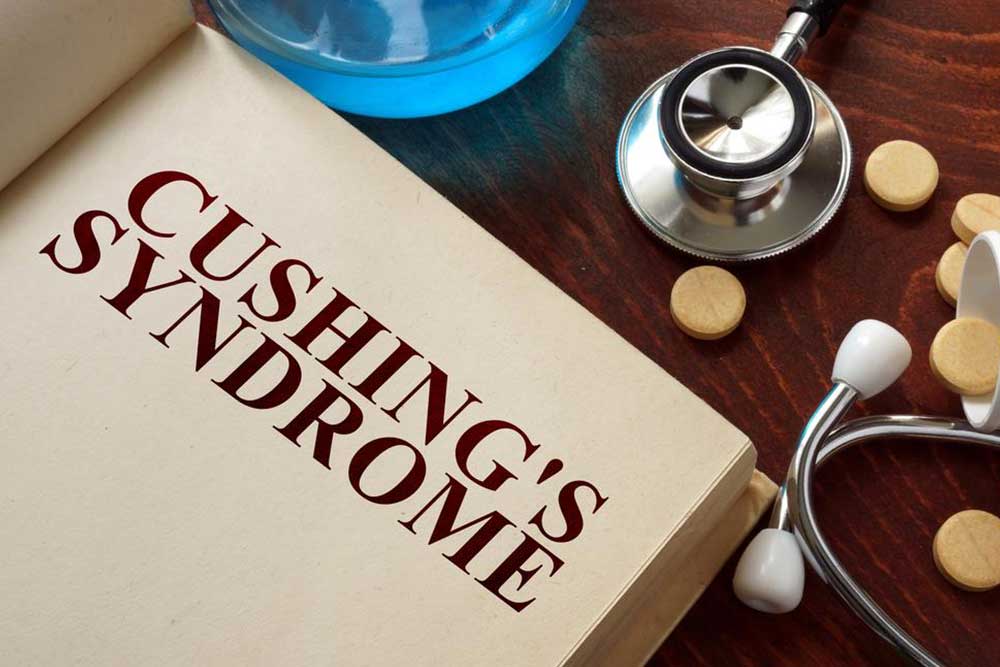Top Reasons Why Your Menstrual Cycle Might Skip While Using Birth Control
Discover the key factors that can cause your period to stop while on birth control, including dietary habits, stress, exercise, underlying health conditions, and the type of contraception. Understanding these reasons helps women manage menstrual health effectively and seek appropriate care when needed.

Understanding Why Periods May Disappear While on Birth Control
Many women turn to birth control pills to manage their reproductive health and timing. Sometimes, they notice spotting or withdrawal bleeding, but in some cases, periods can completely stop despite consistent use of oral contraceptives. There are multiple reasons for this. Keep reading to uncover the factors that could cause your period to go missing while on birth control pills.
Dietary Changes
Significant shifts in eating habits and food intake can disrupt hormonal balance, affecting ovulation and menstrual cycles. Altered eating patterns can lead to delays or missed periods while on contraceptives.
Stress Levels
High stress prompts increased cortisol production, which can interfere with hormonal functions. Stress not only causes irregular cycles but may also suppress periods entirely, even with birth control.
Excessive Exercise
Overtraining or intense physical activity can lead to amenorrhea, commonly seen in athletes, dancers, and gym enthusiasts. Maintaining a balanced exercise routine can help restore regular periods.
Health Conditions
Conditions like Polycystic Ovary Syndrome (PCOS) or hypothyroidism can cause menstrual irregularities. These underlying health issues can alter hormonal levels and uterine lining, leading to missed periods.
Type of Birth Control
Different contraceptive methods affect menstrual cycles differently. Oral pills like Yaz, Seasonique, and Seasonale are known for causing periods to stop during prolonged use, which is normal in many cases.
Pregnancy Risk
Despite using birth control, there remains a small chance of pregnancy if pills are missed or taken irregularly, which could also impact your period cycle.
Disclaimer: This article serves informational purposes and should not replace professional medical advice. Always consult healthcare providers for concerns regarding menstrual health or contraceptive use.










